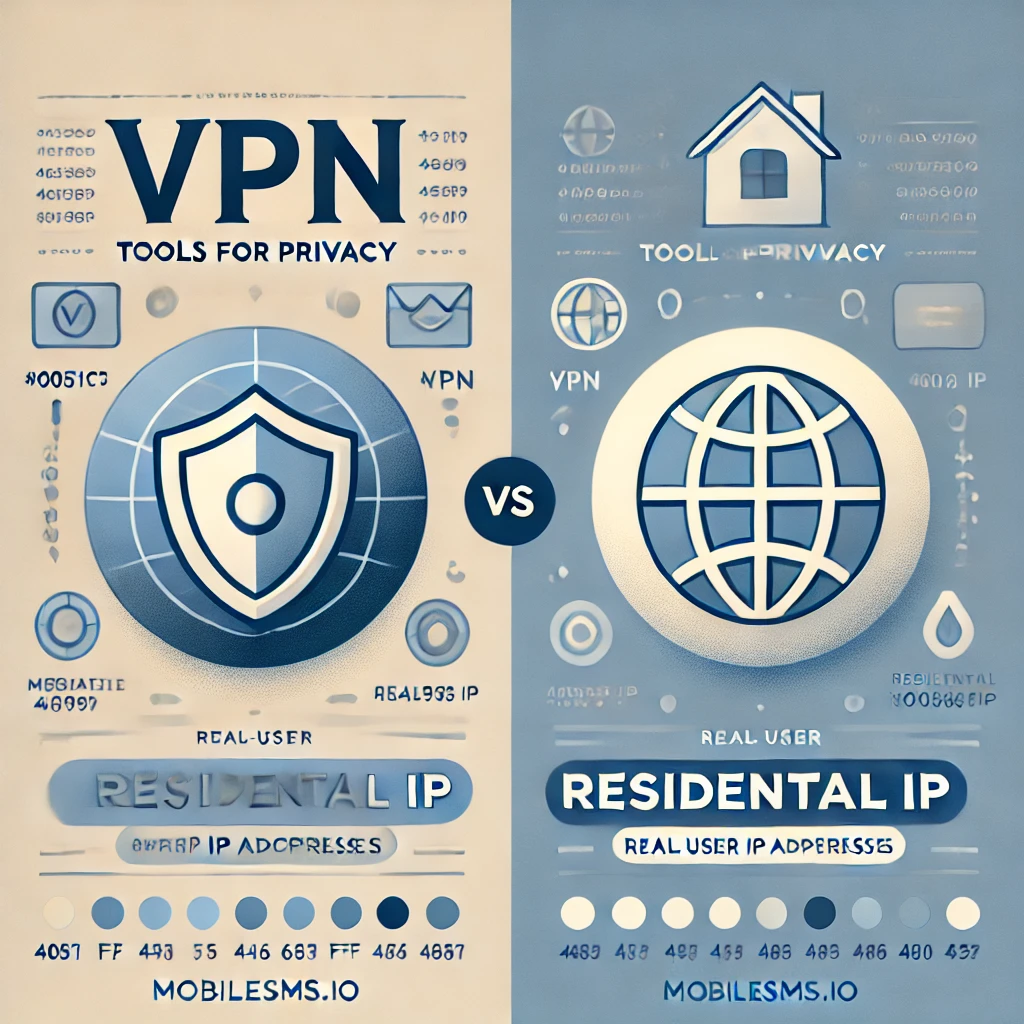- Introduction
- Why Staying Anonymous Matters
- What is a Digital Fingerprint?
- Essential Tools for Anonymous Browsing
- Using Multilogin to Protect Your Identity
- Best Practices for Managing Multiple Accounts
- Stealth Tips for Specific Platforms
- Frequently Asked Questions
- Conclusion
Introduction
In today’s digital age, protecting your online identity has never been more important. With companies tracking every click, device, and login, staying anonymous online requires careful steps to safeguard your digital fingerprint and protect your accounts. This is especially crucial for users managing multiple accounts, whether for personal, business, or stealth purposes. This guide will cover how tools like Multilogin help enhance online privacy by masking digital fingerprints and simplifying account management, all while making the process accessible for beginners.
Why Staying Anonymous Matters

When you browse online, companies, platforms, and even governments collect data on your digital activity. Your digital fingerprint—formed from details like device specifications, browsing behavior, and IP address—makes it easy for platforms to detect you, sometimes blocking multiple accounts or flagging suspicious activity.
Maintaining anonymity online doesn’t just protect you from prying eyes; it also ensures account security across different platforms. For anyone managing multiple profiles for work, research, or personal interests, achieving true anonymity online requires specific tools and best practices.
What is a Digital Fingerprint?
A digital fingerprint is the unique “signature” created by the data collected from your device, IP, browser configuration, and online behavior. Websites and applications use this information to verify user identity, which can help secure accounts. However, for individuals managing multiple accounts, this creates a problem: multiple accounts associated with the same digital fingerprint are flagged and potentially banned.
How Digital Fingerprints Can Betray You
Digital fingerprints can inadvertently connect your various online identities. If you manage several accounts on social media or e-commerce platforms, the same fingerprint for each account can trigger platform alarms, causing account suspensions. This is where specialized tools like Multilogin come in to help manage multiple profiles with distinct digital fingerprints, ensuring anonymity and security.
Essential Tools for Anonymous Browsing

To achieve true anonymity online, you’ll need to rely on specific tools to mask your identity, manage account profiles, and protect your digital footprint.
VPN vs. Residential IP
A Virtual Private Network (VPN) is one of the most popular tools for hiding your IP address. While VPNs are useful, they may still be flagged by major platforms. A residential IP, however, is often more trusted by platforms as it mimics the IP addresses of regular internet users rather than a VPN. Multilogin offers residential IPs to ensure your account activity looks organic, increasing success rates for account verification and reducing the risk of being flagged.
Browser Profile Separation
Separating browser profiles is crucial for managing multiple accounts. With browser profile separation, each account operates in a unique environment, complete with its own cookies, cache, and settings. This keeps your accounts “invisible” to one another, minimizing the risk of accidental cross-tracking by online services.
Device Fingerprinting and Multilogin
Device fingerprinting collects details about your device, such as screen resolution, operating system, and browser configuration. Platforms use this information to recognize familiar devices. With Multilogin, you can create unique device fingerprints for each profile, ensuring platforms cannot connect your multiple accounts.
Using Multilogin to Protect Your Identity
Multilogin is an advanced tool designed for managing multiple accounts while protecting user anonymity. It provides features like browser profile separation, residential IP addresses, and unique digital fingerprints.
What is Multilogin?
Multilogin allows you to create multiple isolated browser profiles that are entirely independent from one another. This means each profile can have its own digital fingerprint, protecting users from detection. It’s ideal for anyone needing to manage multiple accounts or those concerned with privacy.
Benefits of Multilogin
- Unique Browser Profiles: Each profile has an independent configuration, preventing cross-tracking.
- Residential IP Support: Multilogin’s residential IPs are ideal for creating a “natural” browsing environment, reducing the risk of being flagged.
- Device Fingerprinting Management: Multilogin’s unique device fingerprints allow you to customize profiles so that each account appears to come from a different user.
- Stealth Features: Ideal for individuals and businesses managing multiple accounts while prioritizing security.
How to Set Up Multilogin
- Create an Account: Sign up on the Multilogin platform.
- Set Up Profiles: After logging in, create a unique browser profile for each account.
- Choose IP Settings: Select residential IPs for higher credibility.
- Add Custom Fingerprints: Configure each profile’s device fingerprint to make each one unique.
Tips for Optimal Use
- Use Different IPs for Each Profile: Avoid using the same IP across multiple profiles.
- Rotate Browser Profiles: Rotating profiles can prevent detection and add an extra layer of stealth.
- Regularly Update Settings: Adjust each profile’s fingerprint settings periodically to keep them unique and fresh.
Best Practices for Managing Multiple Accounts

Multilogin enables you to manage multiple accounts safely, but implementing best practices will further enhance security and minimize detection risk.
Using Distinct Browser Profiles
Using different browser profiles per account is essential. Multilogin makes this easy by allowing each profile to operate as an entirely separate entity. Set up profiles based on account type (e.g., business, personal, research) to keep them organized and avoid accidental overlap.
Keeping Digital Fingerprints Unique
Every account should appear unique to avoid raising red flags. To do this, configure each profile’s settings differently in Multilogin. You can vary screen resolution, device type, and browser version. This ensures each profile appears to be from a different device, enhancing anonymity.
Stealth Tips for Specific Platforms
Platforms often have specific restrictions or methods of tracking users. Here’s how to navigate some of the most common ones:
Social Media Platforms
Social media platforms like Facebook, Instagram, and Twitter are particularly sensitive to multiple accounts from the same user. To avoid detection:
- Use distinct fingerprints and avoid using the same IP address across profiles.
- Vary browsing habits for each account, such as the time spent on each profile.
Marketplaces (e.g., Amazon, eBay)
For e-commerce platforms, consistency is key. Frequent logins from different IPs or device configurations can trigger suspicions.
- Maintain regular browsing patterns: Avoid sudden changes in activity that could flag your account.
- Use Multilogin to ensure each profile has a unique fingerprint and a dedicated IP.
Finance Apps
Finance applications like PayPal and Venmo can require additional verification if they detect unusual activity.
- Stick to one IP address per account to avoid account verification prompts.
- Rotate profiles sparingly to maintain a consistent footprint.
Frequently Asked Questions
- What is a digital fingerprint, and why does it matter?
A digital fingerprint is data collected from your device and browser usage that identifies you online. Protecting it helps you stay anonymous and prevents tracking. - How does Multilogin help with managing multiple accounts?
Multilogin creates unique browser profiles with independent fingerprints, allowing users to manage multiple accounts without detection. - Can I use Multilogin on any platform?
Yes, Multilogin works with most online services that require privacy protection and support multiple accounts. - Is a VPN the same as a residential IP?
No, while a VPN can change your IP, it may still be flagged. Residential IPs are typically more trusted by platforms as they mimic real-user activity. - Does Multilogin work on mobile devices?
Currently, Multilogin is designed for desktop but offers robust solutions for managing browser-based accounts. - What should I avoid to stay anonymous online?
Avoid using the same browser profile for multiple accounts, stay consistent with your IP location, and rotate profiles periodically to avoid detection.
Conclusion
Maintaining anonymity online takes effort, but with the right tools like Multilogin, you can protect your digital fingerprint and securely manage multiple accounts. By using browser profile separation, residential IPs, and unique device fingerprints, you can ensure each account remains secure and anonymous. Whether you’re a beginner or a seasoned privacy advocate, these practices will help you stay anonymous and manage accounts effectively without risking detection.

